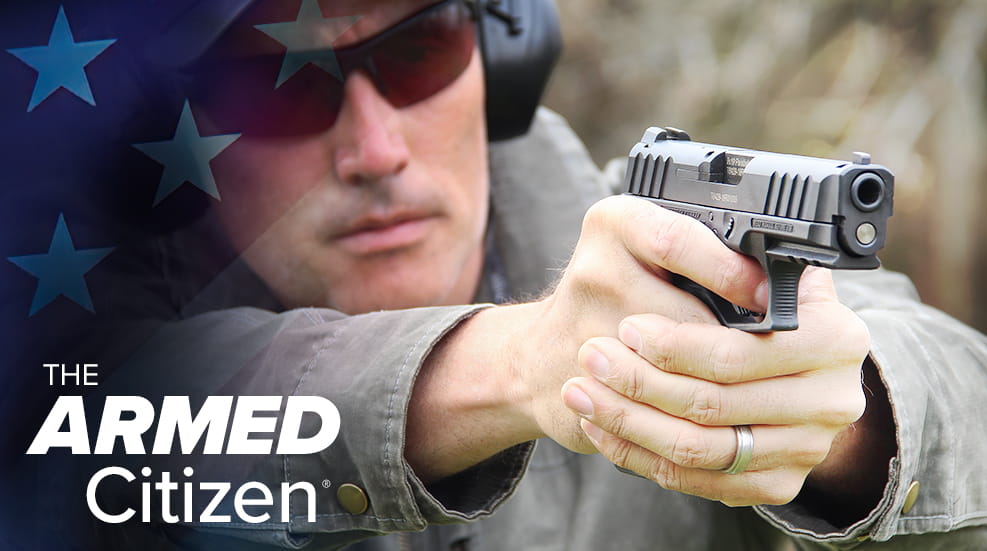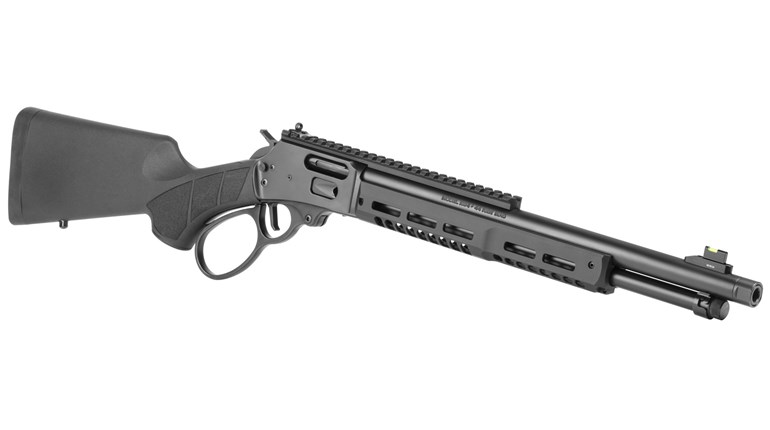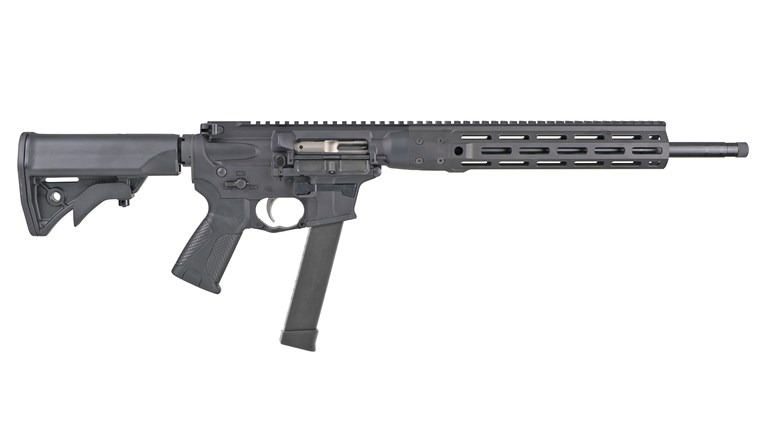
At 11:29 a.m. on April 20, 1999, Eric Harris and Dylan Klebold, two high school students entered the Columbine High School library. Two teachers, two librarians and 52 students were hiding there.
Ten minutes had already passed since the first person had called 9-1-1 to report the attack at the school. Harris and Klebold had already set off bombs and killed and wounded students both outside and inside the school. They’d also exchanged shots with a school resource officer from the Jefferson County sheriff’s department, who later said he missed them because he didn’t have his glasses.
When Harris and Klebold retreated to the school, the officer decided to wait for back-up. At this time, 11 of the 13 people killed by Harris and Klebold were still alive.
When they walked into the school’s library, Harris yelled “Get up!” so loudly it can be heard on a 9-1-1 recording at 11:29:18 a.m.
“Fine! I’ll start shooting anyway!” Harris shouted when nobody stood up. He fired a shotgun twice at a desk, not knowing that a student named Evan M. Todd, a 15-year-old sophomore, was hiding beneath it. Todd was hit by wood splinters but not seriously injured.
Todd would hide there for seven minutes before the students-turned-murderers would find him.
The Long Journey Back
Todd now says those seven minutes haunt him even more than what happened when the killers found him. They disturb him so much he has felt compelled to speak out in an effort to find solutions.
“It started slow at first,” Todd says. “A local teacher asked me to come and speak. But then more school officials asked me to come and share my story and give my advice. Before long, I was traveling around the country speaking.”
He has now spoken to hundreds of public and private high schools, colleges, churches, youth groups and more, all to tell his story and give his perspective on what can be done to prevent and stop such tragedies in so-called “gun-free school zones.” He has also spoken out on national news networks and radio shows.
“When I was in high school and people came to talk, the students in attendance were always whispering or not paying attention,” he says, “but when I speak about Columbine, students always sit quietly. They feel the seriousness of this. So I try to give them the most honest answers I can.”
After years of speaking out, Todd recently had begun moving on with his life, allowing the speaking opportunities to fade. Then a killer targeted all those children at Sandy Hook Elementary in Connecticut.
“It brought it all back,” Todd says. “I just want to tell people—just grab them and make them listen—that creating fake ‘gun-free’ zones doesn’t work. Someone needs to be able to physically stop a killer. This means that good people need the right to bear arms.”
Todd was so changed by those seven minutes at Columbine High, and all it means to be left powerless by a government forcing people to be defenseless, that he said as much to a friend of his, Billy Hallowell, who works for TheBlaze.com. Hallowell asked Todd what he would say to President Obama if he could speak to him. Todd wrote his thoughts out in an email and sent it to Hallowell. Todd’s email was so compelling that Hallowell published it as an open letter to the president.
The letter then went viral.
Todd wrote: “I personally witnessed two fellow students murder 12 of my classmates and one teacher. The ‘assault weapons’ ban [which was then in effect] did not deter these two murderers, nor did the other 30-something laws that they broke.” Todd then asks President Obama, “Why would you prefer criminals to have the ability to outgun law-abiding citizens?” And: “Whose side are you on?”
In the letter, Todd goes point by point as he asks the president to open his eyes to the truth about what really can stop murderers. He asks, “[I]s a universal background check system possible without universal gun registration? If so, please define it for us. Universal registration can easily be used for universal confiscation. I am not at all implying that you, sir, would try such a measure, but we do need to think about our actions through the lens of time.”
On the president’s desire for a new ban on so-called “assault weapons,” Todd says that the previous ban “had little to no effect when it was in place from 1994 until 2004.” He later points out that the Virginia Tech massacre of unarmed people occurred in a “gun-free zone.” He says, “Seung-Hui Cho [the Virginia Tech killer] used two of the smallest-caliber handguns manufactured and a handful of 10-round magazines. There are no substantial facts that prove that limited magazines would make any difference at all.”
He further says to the president, “I’ve heard you ask, ‘Why does someone need 30 bullets to kill a deer?’ Let me ask you this: Why would you prefer criminals to have the ability to outgun law-abiding citizens?” Todd then asks, “Lastly, when did the government get into the business of regulating ‘needs’?”
Todd’s letter to President Obama brings his experience and conclusions together when he says, “Criminals who cannot buy guns legally just resort to the black market. … Mr. President, in theory, your initiatives and proposals sound warm and fuzzy, but in reality they are far from what we need. Your initiatives seem to punish law-abiding American citizens and enable the murderers, thugs and other lowlifes who wish to do harm to others. Let me be clear: These ideas are the worst possible initiatives if you seriously care about saving lives and also upholding your oath of office.”
Todd then offers a few ideas he believes will “save more than one individual.”
“First, forget all of your current initiatives and executive orders,” Todd says. “They will do nothing more than impede law-abiding citizens and breach the intent of the Constitution. Each initiative steals freedom, grants more power to an already-overreaching government and empowers and enables criminals to run amok.
“Second, press Congress to repeal the ‘Gun Free Zone Act.’ Don’t allow America’s teachers and students to be endangered one day more. These parents and teachers have the natural right to defend themselves and not be looked at as criminals. "Don’t allow America’s teachers and students to be endangered one day more. These parents and teachers have the natural right to defend themselves and not be looked at as criminals." There is no reason teachers must disarm themselves to perform their jobs. There is also no reason a parent or volunteer should be disarmed when they cross the school line.”
Todd continues: “This is your chance to correct history and restore liberty. This simple act of restoring freedom will deter would-be murderers and for those who try, they will be met with resistance. Mr. President, do the right thing, restore freedom and save lives. Show the American people that you stand with them and not with thugs and criminals.”
When being interviewed for this article, Todd said that many Columbine survivors have contacted him since his letter to the president went public. He says many have thanked him for bravely speaking out. He even wishes someone would do a poll of the students who were there that day because it seems to him most disagree with the president’s proposals.
In fact, Todd says many former Columbine students have also told him they wish a good guy with a gun had been there that day.
“I don’t blame the armed guard for not coming into the school or even the police for not immediately coming into the school,” he says. “Columbine wasn’t like anything they’d prepared for. Their training taught them to control and negotiate. They weren’t prepared for what was happening, but they’ve made changes since. Now they know better.”
Listening to Evil Approach
That horrifying day, after wounding Todd with a shotgun, the Columbine killers walked deeper into the library. They found and killed Kyle Velasquez, 16, curled up under a computer table. Klebold then fired his shotgun at a nearby table, injuring three students—Patrick Ireland and Daniel Steepleton, both 17, and 18-year-old Makai Hall.
Meanwhile, Harris walked toward another row of computer desks. He shot under the first desk, killing 14-year-old Steven Curnow. Harris next shot under the adjacent computer desk, injuring 17-year-old Kacey Ruegsegger. He then killed Cassie Bernall, 17, who was hiding under another table.
As Harris taunted other students, Klebold walked toward another set of tables, where he discovered three popular athletes—18-year-old Isaiah Shoels, and Matthew Kechter and Craig Scott, both 16—hiding under a table. Harris killed Shoels, while Klebold killed Kechter. Scott lay in his friends’ blood, feigning death.
The killers wounded several more people, and then killed 18-year-old Lauren Townsend.
More minutes passed as they taunted, wounded and killed students in the library. Finally, at 11:35 a.m. they killed 17-year-old Corey DePooter, who was later credited with keeping his friends calm as they waited for police to arrive.
The evil duo had killed 10 people in the library and wounded 12 in less than six minutes.
Todd had moved after being wounded, but they found him. Klebold held a gun to his head and asked why they should let him live. Todd said he’d “always been good to them.” Harris was standing a few feet away, backing up Klebold. As if on a whim they didn’t shoot Todd again.
The two murderers then left the library at 11:36 a.m., looking for more victims.
When they left, Todd, though slightly wounded from the shotgun blast, helped other students escape from the school. As a result of his conduct, the Boy Scouts of America awarded him its Honor Medal and the Colorado State Legislature gave him a commendation.
For the next 32 minutes, the murderous duo wandered the building, firing guns and setting off bombs, but managed not to harm anyone else. They committed suicide at 12:08 p.m., about two minutes after the first swat team entered the building—showing just how weak and stoppable they really were.
Now, years later, Todd doesn’t blame the police. He doesn’t blame the school. He only pushes back against ideologues who won’t acknowledge that freedom works. He only wants to make things right.
“We’re stalled in what has become a partisan deadlock,” he says. “The NRA is right. Freedom is what can help stop killers.”
Todd has since become a Life member of the NRA.
“I’m not a big hunter,” he says, “but I do go out once in a while.” He mostly sees firearms the way the Founding Fathers did—as tools we have a fundamental right to own and carry as free citizens.































